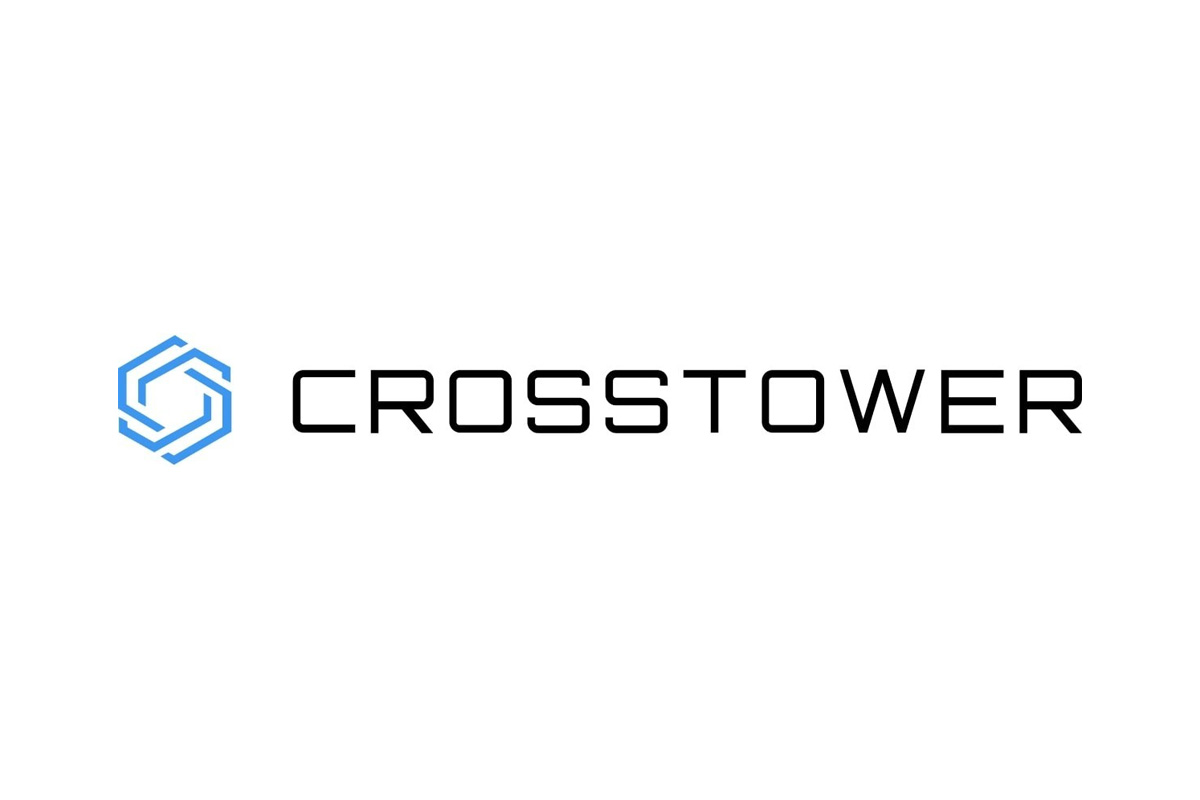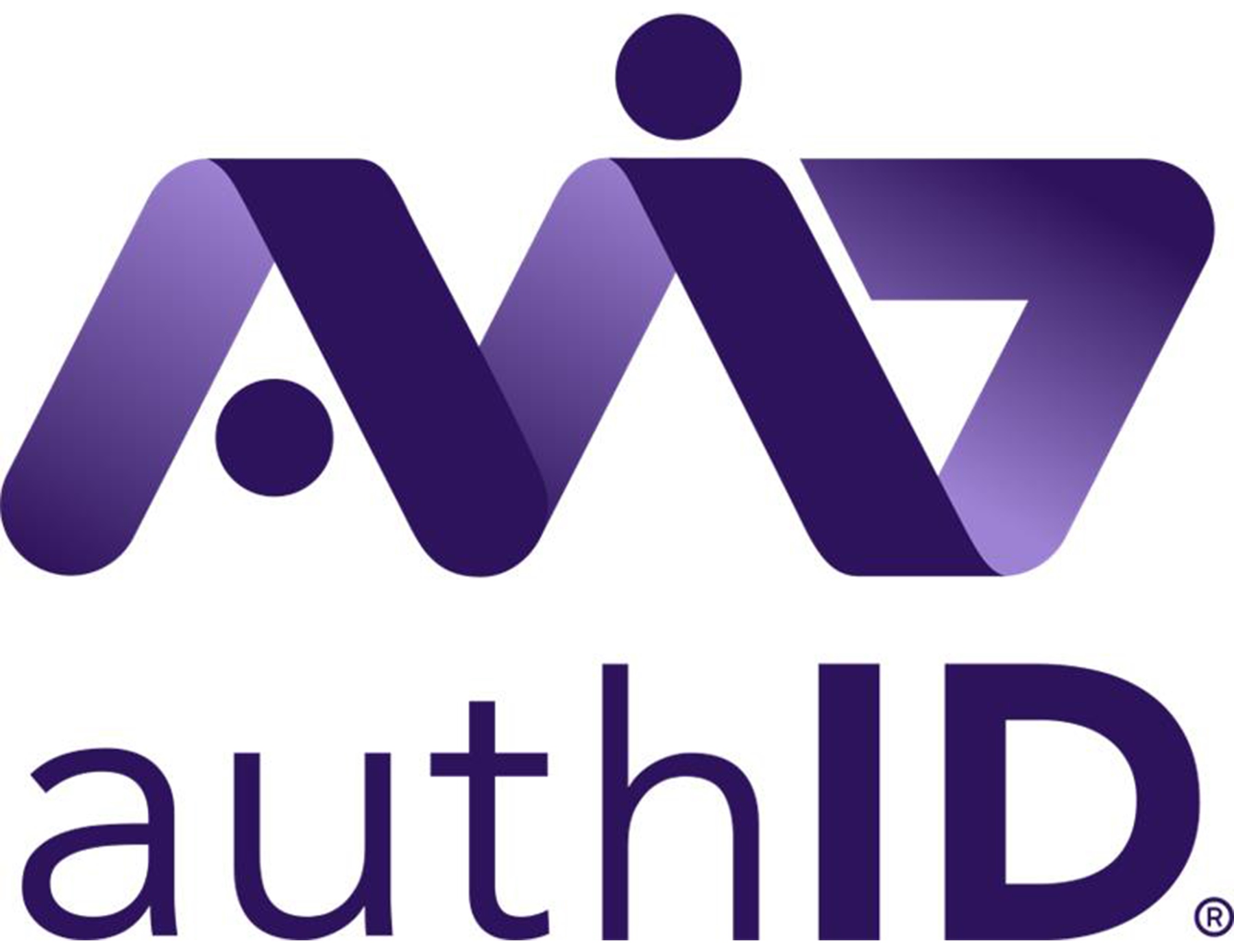Blockchain
CrossTower launches G-Coin® Digital Gold in the US

CrossTower Inc. (“CrossTower”), one of the world’s fastest-growing crypto and digital asset exchanges, has introduced the G-Coin digital gold token (GCOIN) for its U.S. customers. Unlike cryptocurrencies, the G-Coin token is a digital title of ownership to 99.99% pure physical gold that is stored in secured vaults. All tokens thus give buyers ownership of the underlying physical gold, rather than exposure to gold’s price. Tokens combine the best qualities of traditional gold – stability, security, and value – with the benefits of digital innovation. Following its launch in the U.S. in 2019 through G-Coin’s proprietary G-Wallet, GCOIN is now available for trade on the CrossTower platform in the United States, along with cryptocurrencies such as Bitcoin, Ethereum and USD Coin.
2021 marked a year of unprecedented inflation for the US dollar, causing more and more consumers to seek out alternative forms of wealth preservation, including cryptocurrencies and gold. GCOIN is thus a timely product for the market. Customers can buy and sell GCOIN online safely, securely, and seamlessly. Tokenization enables users to purchase a digital title of ownership to gold conveniently and in smaller quantities than is typical in the physical gold market. GCOIN can be bought and sold with and for BTC, ETH and USD.
Moreover, the physical gold – Responsible Gold™ – is produced by miners and refiners who conform to the highest environmental, social, and governance standards. Tracked from mine to vault on blockchain technology, Responsible Gold™ provides the ultimate assurances of provenance, chain of custody, and 99.99% purity.
Kapil Rathi, Chief Executive Officer and Co-Founder of CrossTower said, “Millennials and youth are tapping into the crypto sector and demand, education, and interest in this sector is on the rise. To boost this, CrossTower is adding this unique option to buy and trade GCOIN. In addition, G-Coin provides transparent information to the buyer on where the underlying gold is mined, its ESG principles, and where GCOIN is stored. CrossTower is proud to take on the opportunity to enable every individual to own this popular, traditional asset in a new digital and ESG compliant form.”
“To own GCOIN is to own gold,” said Brent de Jong, Chairman and Founder of G-Coin. “Our partnership with CrossTower, a global leader in digital asset trading, will enable traders keen to manage cryptocurrency volatility and avoid the burden of physical storage, to purchase GCOIN as a natural hedge for their portfolios. Blending asset classes to maximize return and minimize volatility is critical and GCOIN provides an alternative to enhance portfolio performance through stability, liquidity, and effective diversification. We see gold as a powerful wealth protector and creator, and we’ve made it our mission to make it accessible as a savings tool and also to give it additional utility as a medium of exchange”.
With the G-Wallet, users can unlock G-Coin’s full functionality to send or gift gold to friends, family, and other G-Wallet holders instantaneously and at zero cost. A G-Coin debit card will allow users to spend GCOIN for merchant transactions.
CrossTower is a global thought-leader and a participant of the Internet and Mobile Association of India (IAMAI), Blockchain and Crypto Assets Council (BACC), Global Digital Asset and Currency Association (Global-DCA) and the Digital Asset Regulatory Legal Alliance (DARLA). Through these organizations, CrossTower facilitates policy that will enhance the development and innovation of finance while emphasizing the protection and safety of customers’ assets.
Blockchain
authID Reports Financial and Operating Results for the First Quarter Ended March 31, 2025
Blockchain
Blockchain Futurist Conference Releases Final Schedule
Blockchain
U.S. Factoring Services Market Analysis by Product, Technology, Grade, Application and End-user (2019-2032) – Next-Gen Technologies Drive Surge in Alternative Financing Access for SMEs
-
Blockchain7 days ago
Colb Asset SA Raises $7.3 Million in Oversubscribed Round to Bring Pre-IPO Giants to Blockchain
-

 Blockchain Press Releases6 days ago
Blockchain Press Releases6 days agoHTX and Justin Sun Launch $6M Mars Program Special Edition, Offering One User a Historic Space Journey
-

 Blockchain5 days ago
Blockchain5 days agoBitget Blockchain4Youth sostiene l’innovazione del Web3 e dell’IA all’hackathon “Build with AI” di Google Developer Group
-

 Blockchain5 days ago
Blockchain5 days agoBlocks & Headlines: Today in Blockchain – May 9, 2025 | Robinhood, Solana, Tether, China, Women in Web3
-

 Blockchain Press Releases5 days ago
Blockchain Press Releases5 days agoBybit Surpasses 70 Million Users, Reinforces Commitment to Transparency and Institutional Growth
-

 Blockchain6 days ago
Blockchain6 days agoBlocks & Headlines: Today in Blockchain – May 7, 2025 | Coinbase, Riot Games, Curve DAO, Litecoin, AR.IO
-

 Blockchain7 days ago
Blockchain7 days agoFlipido Trading Center Launches ‘Flipido Learn’ Platform to Empower Crypto Investors Through Education
-

 Blockchain Press Releases6 days ago
Blockchain Press Releases6 days agoMEXC Lists USD1, Accelerating Global Stablecoin Innovation with World Liberty Financial





































